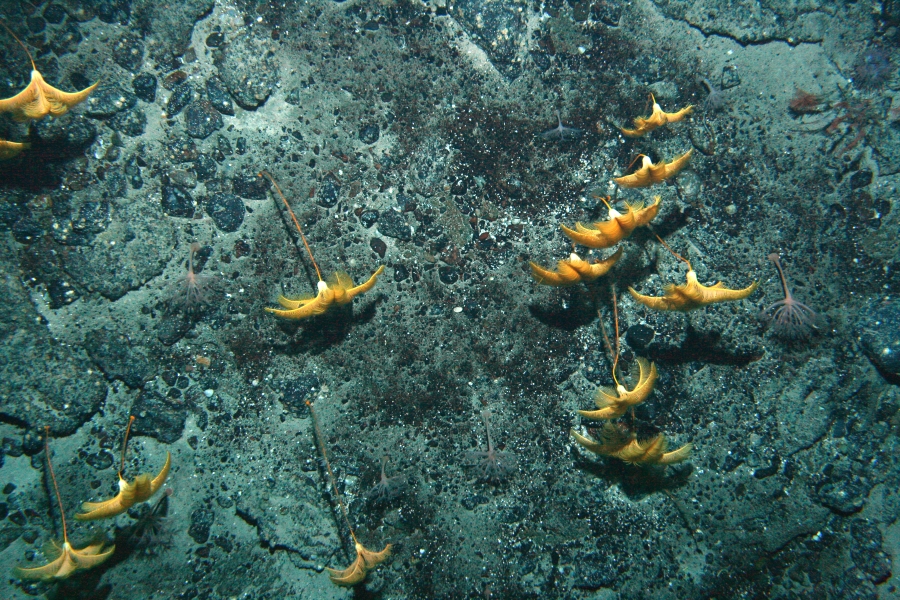PGS&T Contract C01X0220 Programme Coordinator: Ian Hawes
Polar ecosystems face physical constraints that set them apart from their warmer counterparts. The greatest constraint is the impact of prolonged periods of winter darkness and sub-zero temperatures.
Much of NIWA's polar research is designed to better understand how aquatic ecosystems function in this extreme environment. With improved understanding comes the ability to provide better environmental protection and also to understand the threats posed to these systems by ongoing regional and global climate change.
This programme focuses on three specific habitats:
- small inland water bodies (ponds and streams) that undergo cycles of complete or almost complete freezing/melting each year
- larger inland water bodies that contain significant reservoirs of liquid water year round but retain ice cover throughout summer
- coastal marine systems that have ice cover in winter, but may lose this cover in summer.
Within these ecosystems we focus on key processes, particularly those that determine the amount and fate of primary production. In particular we are interested in how light and temperature regimes and the duration of freezing and ice cover, influence the annual patterns of primary production, and how this in turn affects those animals that are dependent on this production.
We address these problems using different approaches:
- experimental investigations of specific processes and relationships (such as those between light, ice cover and photosynthesis)
- comparative studies of sites along latitudinal gradients (where climatic conditions will be different)
- long-term studies of inter-annual variability at specific locations.
This mix of approaches allows us to assess the current status of the ecosystems and also to predict how they might be affected by changing environment or specific human activities.
In this research we collaborate with the Cawthron Institute, and with another NIWA Antarctic programme funded through the Ministry of Fisheries Ross Sea biodiversity programme.
The research is further strengthened by links with other international research programmes. NIWA collaborates with the US Antarctic Research Programme with joint projects on the production ecology of the lakes of the McMurdo Dry Valleys. We also work closely with Germany's Alfred Wegener Institute on polar seaweeds, Spain's programme on Antarctic ponds (University of Madrid), and with Canadian researchers on high Arctic Pond and lake systems (through McGill and Laval Universities).

